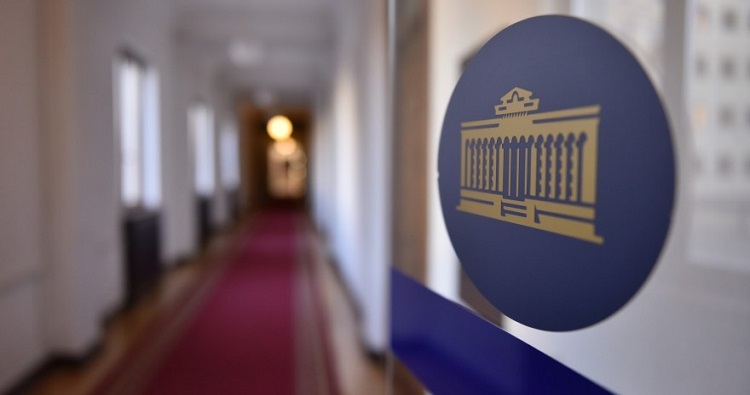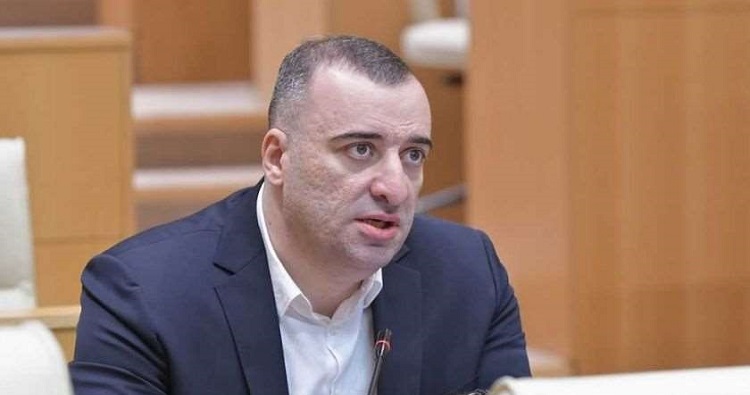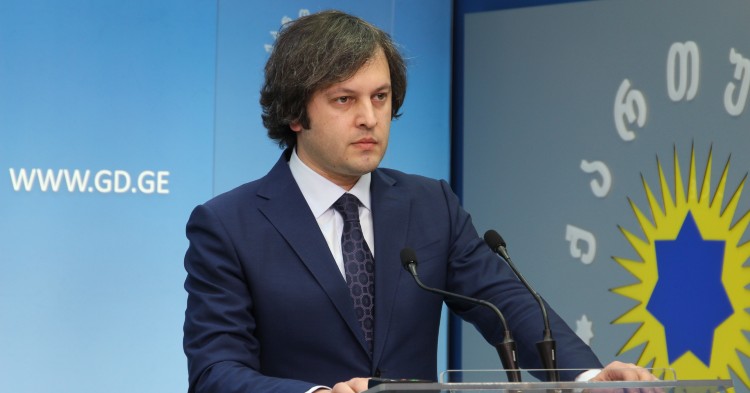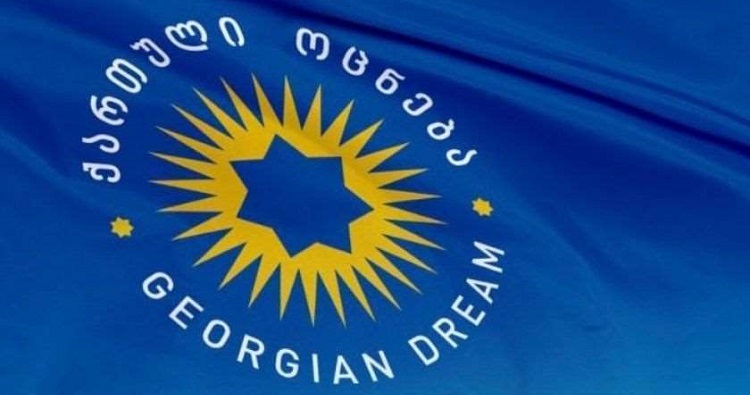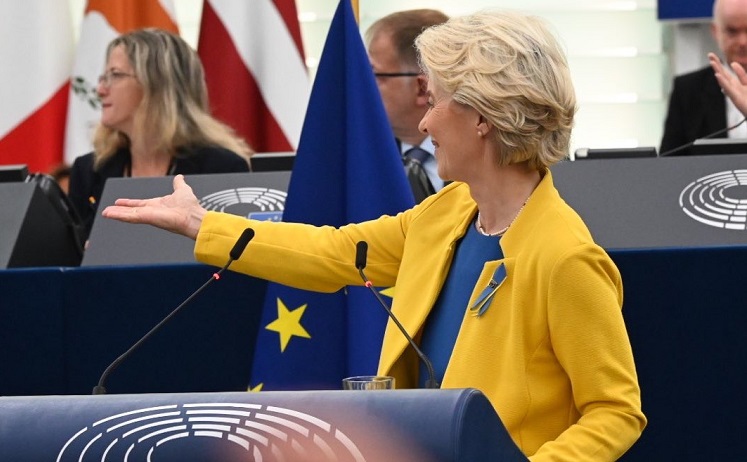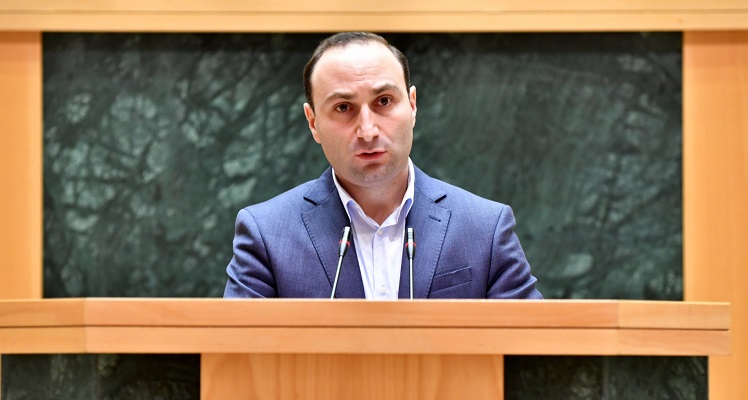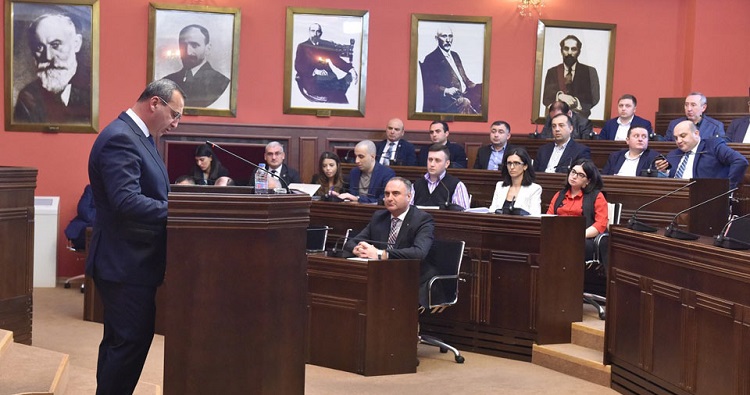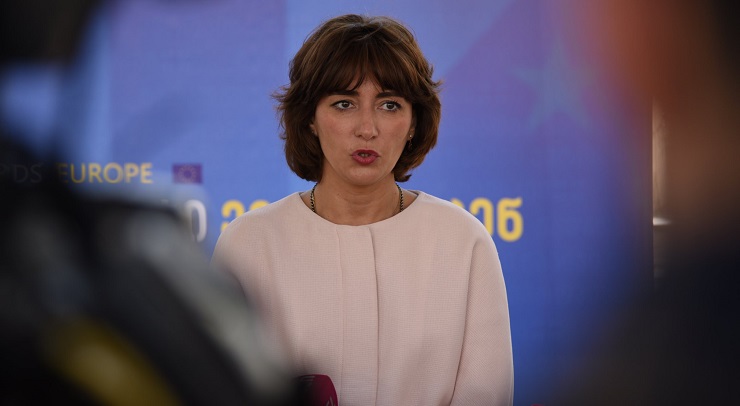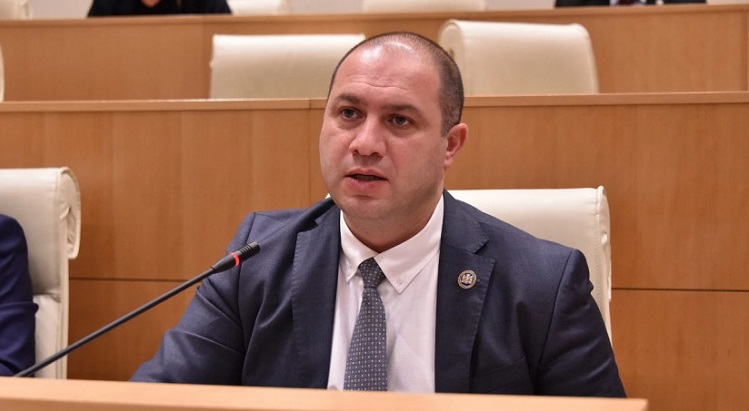Ruling party-proposed group to revise election code for Georgia’s EU candidacy holds first meeting
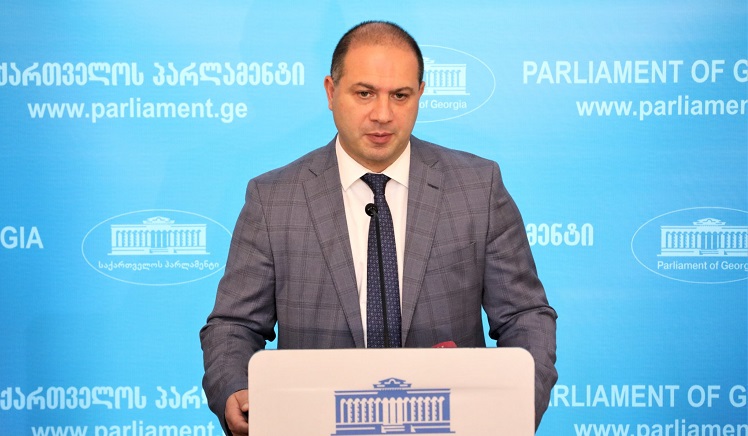
Ruling Georgian Dream party MP Givi Mikanadze was elected to chair the Parliament’s working group on electoral questions. Photo: Parliament of Georgia press office
The working group proposed by the ruling Georgian Dream party in the Parliament and tasked with revising domestic electoral laws in line with the European Commission conditions for the country’s EU membership candidacy held its first meeting on Thursday.
GD MP Givi Mikanadze, elected as the Chair of the group, said the meeting had involved opposition MPs and representatives of non-governmental organisations.
In comments on reports that the International Society for Fair Elections and Democracy - a domestic watchdog working on electoral topics - had not been invited to the group, Mikanadze claimed the organisation was “politically biased”, noting it had demanded dismissal of the Government and the Prime Minister during opposition rallies in June in Tbilisi.
Only neutral non-governmental organisations are welcome to the group work”, Mikanadze said, noting that unlike ISFED, the Georgian Young Lawyers Association had been asked to participate.
In comments about schedules for the group, Mikanadze said the next meeting would be held on August 25, with members allowed to submit electoral proposals.
Following this, a package of specific amendments will be drafted”, Mikanadze said, adding the package would also reflect recommendations of the Council of Europe’s Venice Commission, as well as the Organisation for Security and Co-operation in Europe and its Office for Democratic Institutions and Human Rights. He added the resulting package would be initiated no later than September 21.
The working group is composed of four GD MPs, three opposition lawmakers, one independent member of the Parliament as well as civil sector representatives.
The European Council granted Georgia the European perspective in June, providing over six months for the country to address several issues, including in the country’s judiciary and electoral systems, in order to receive the EU membership candidate status next year.
 Tweet
Tweet  Share
Share
